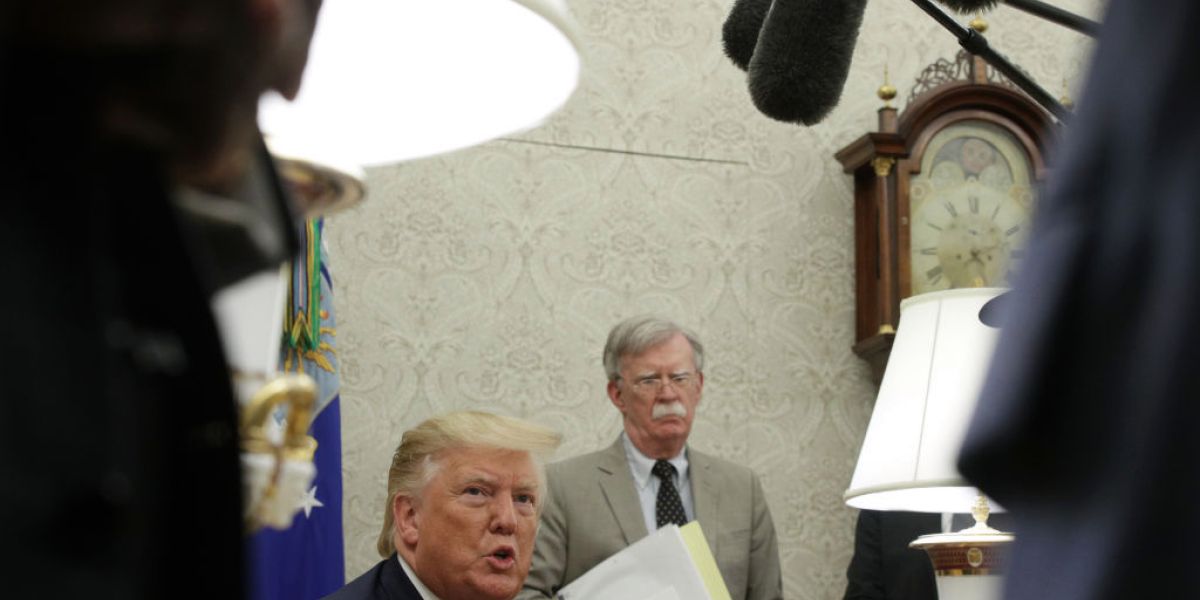
The crypto world has imploded in the past year, causing pain for investors, traders and companies. The well-known investing app, Robinhood, hasn’t been spared, with its revenue from crypto transactions steadily declining over the past few quarters.
But something more unexpected affected the company in the fourth quarter—a slip-up that cost it a huge amount of money. A system glitch allowed Robinhood customers to improperly short a meme stock in December that ultimately cost the company $57 million.
Cosmos Health, a healthcare company listed on Nasdaq, initiated a one-for-25 reverse stock split on December 16, along with a change in name from Cosmos Holdings. This meant that 25 shares in the company would be converted into one share.
“A processing error caused us to sell shares short into the market, and although it was detected quickly, it resulted in a loss of $57 million as we bought back these shares against a rising stock price,” CFO Jason Warnick said during Robinhood’s earnings call on Wednesday. He called the event an outlier, adding that the company had done everything to make sure it won’t happen again.
Robinhood’s loss from its mistake was the difference between it beating and missing fourth-quarter earnings expectations. The trading platform first caught wind of the issue when it was notified of an “irregular” corporate action and then covered the expense with corporate cash on the same trading day.
“This was really disappointing. We’ve done a full postmortem and remediated the issue,” said CEO Vlad Tenev during the call. In an effort to continue building a culture of accountability, Tenev said he would eliminate the executive team’s bonus for 2022.
Robinhood reported revenue of $380 million in the last three months of 2022, up 4.5% from $363 million during the same period in 2021. Its transaction-based revenue was down 30% compared to the previous year due to slower crypto trading activity and retail investors pulling back as a result of market volatility.
To curb operating expenses, Tenev and his co-founder Baiju Bhatt would no longer be taking share-based compensation that has a combined value of $500 million.
Robinhood also said it plans to buy back its shares from Sam Bankman-Fried’s Emergent Fidelity Technologies, which he purchased using money from FTX-affiliated trading firm, Alameda Research. These shares, which Bankman-Fried wanted to use to pay legal fees during the ongoing investigation of FTX’s collapse in November 2022, have become a point of contention in the case.
Representatives at Robinhood did not immediately respond to Fortune’s request for comment.
Learn how to navigate and strengthen trust in your business with The Trust Factor, a weekly newsletter examining what leaders need to succeed. Sign up here.



